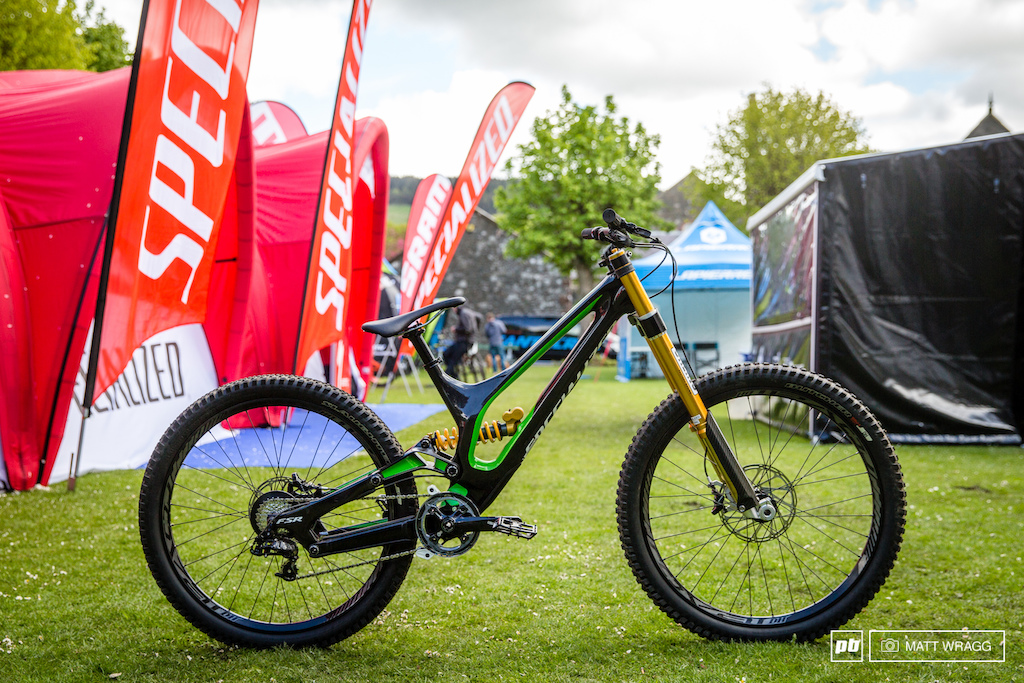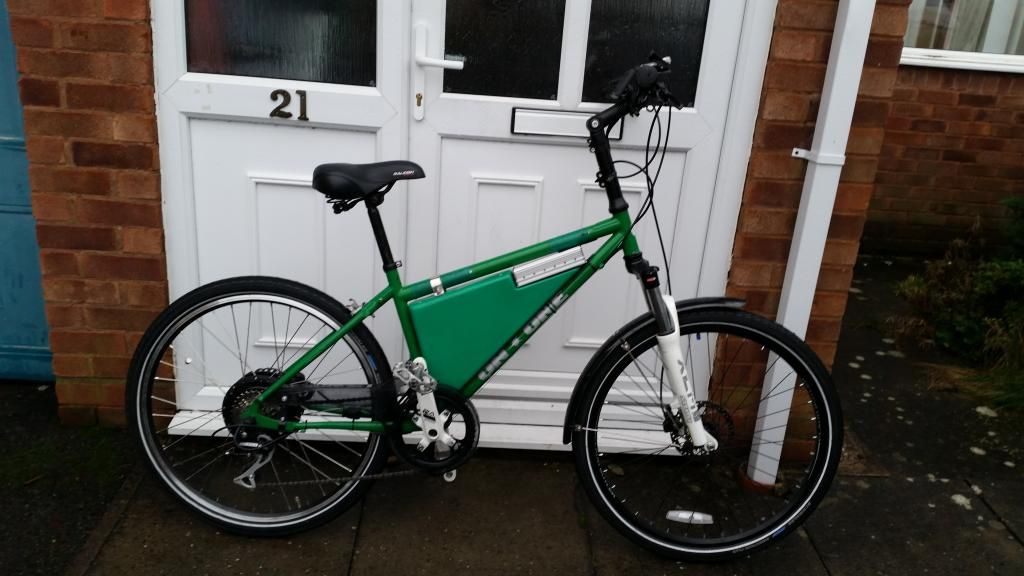I would say 100mm to 150mm will be too much of a jump for the frame geometry to deal with. The resultant change can sometimes ruin handling. Around 20mm jimp is OK though. Quite a few people fit 140mm forks to replace 120mm.
For info, I recently bought some used 120mm 26" straight steerer Reba RL Dual Airs. They are in excellent condition and the seller said they had recently been serviced. On fitting, I found they felt harsh on small bumps so investigated further. It transpires they have far more stiction that I am happy with for what was quite an expensive fork when new. They even have more stiction than my outgoing (and very old) Marzocchi EXR Comps which were only £80 new. The damping and smoothness of travel is far better on the DL's however, but to get the things moving in the first place is not good IMO and small bump compliance is worse than the EXR's. I just did a Heath Robinson test on the RL's by attaching a digital weight gauge (used for weighing suitcases) and repeated tests showed I needed 50 to 60lb on the bars before the forks moved. Once moving the force required does reduce but the problem remains at any point in the travel. This is very poor IMO, and I am running much lower pressure than reccomended on both the positive and negative chambers (around 70psi). Further, the tests were done with damping on minimum.
I have to make it clear that the RL's were secondhand forks so something may be amiss. I haven't tried a new set to compare it with but going on the condition of them I don't see any reason why they should be in a bad way internally. I won't know for sure until I pull them apart for a full service but since buying them I have read reports of excessive stiction being caused by some internal bushes. One company (TFTuned) actually states on their service schedule 'bushes re-sized'. I quote from their website:
"Pike, Reba & Revelation - FAQs
The small-bump ride is very harsh from new. What could be the problem?
If you have a Dual Air or Air U-Turn fork, first ensure that the negative pressure is equal to, or up to 10psi more than, the positive pressure. If it’s still harsh, your fork lowers may have tight bushings. These will never free up during use and will need to be re-sized. During service, we always re-size bushings where necessary to get a smooth function. If your fork becomes harsh over time, there is probably dirt inside and it’s time for a service."
Just something to bear in mind. That said, you will find many excellent reports for Rebas so they are not a 'bad' fork by any means. It may be that only a few have problems.













